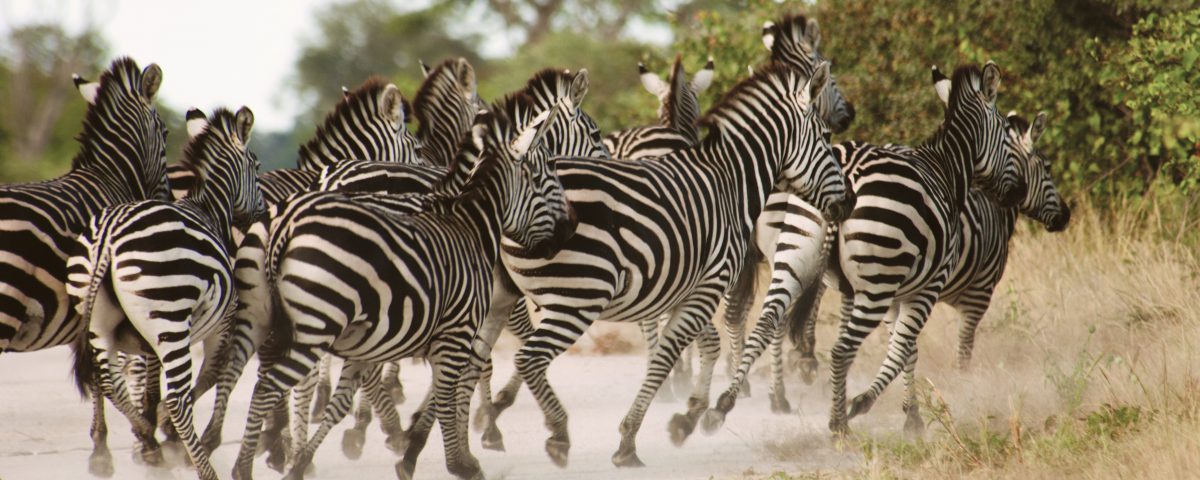by Kai-Uwe Denker
I n the early 1970s individuals and institutions that truly cared for conservation had to realize that a ban on hunting – which they themselves had often called for – did not deliver the expected results in protecting endangered species. Back then, such considerations did not even include Africa but focused on the decline of animal species which had become endangered in Europe and North America due to increasing industrialisation and expanding agriculture. In order to protect those species a ban on hunting had been demanded. Extensive research into the matter revealed that rather than hunting, the destruction of habitats and environmental pollution were the reasons for the plight of many animal species. As a result of these findings the principle of Sustainable Use of Natural Resources was introduced. The concept was implemented with particular success in Africa where the destruction of natural habitats – and with it the decline of wildlife – caused by population explosion and industrial development had only just begun. Through this concept it was possible despite massive habitat losses to stem the decline of big game, which had well-nigh disappeared in Europe and North America.
Namibia in particular became a classic example of successful nature conservation strategies.
Developments in 2015, however, left people with realistic attitudes to nature as well as institutions which are truly involved in successful nature conservation flabbergasted. Driven by ideological pigheadedness, certain interest groups are determined to clamp down on hunting by any means – even though our conservation concept has proven successful and despite the absence of a workable alternative.
Take the case of Cecil, the lion, where hunting regulations seem to have been violated. Because of the various aspects of this hunt, people who strive for mutual respect were able to relate, if not to the scale of the worldwide outcry itself, to the indignation as such. From a purely factual point of view the death of a thirteen-year-old lion is of no consequence in the wild whatsoever – in one way or other his life is about to end.
But with the new uproar over the completely legal hunting of a big old elephant of outstanding tusk size in Zimbabwe, the anti-hunting activists finally showed their true face. They flatly announced that they do not care whether the hunt was legal and that they would instigate another mass protest on the social media.




